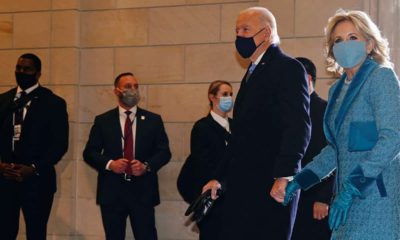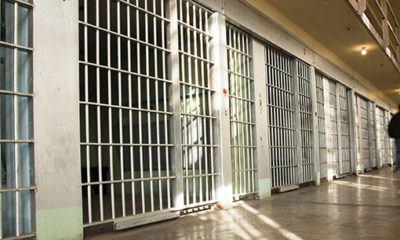Published
6 years agoon
By
gvwire
In a story that largely has flown under the radar, a major case involving inclusionary zoning in California could be heard by the U.S. Supreme Court.
A tip of the hat to City Lab’s Kriston Capps for his story about a fight over inclusionary zoning in Marin County that began in 2000.
Inclusionary zoning is the umbrella term for local policies that create affordable housing for lower-income families.
For example, an inclusionary housing program might require developers to sell or rent 10% to 30% of new residential units to lower-income residents at discounted rates.
According to inclusionaryhousing.org, “many, but not all, programs partially offset the cost of providing affordable units by offering developers one or more incentives such as tax abatements, parking reductions, or the right to build at higher densities. … In some cases, developers can choose among alternatives, such as payment of an in-lieu fee or provision of affordable off-site units in another project.”
Capps offers this synopsis of the case that reportedly has the interest of the nation’s highest court:
“Back in 2000, two Marin County property owners, Dartmond and Esther Cherk, looked to split their undeveloped land into two single-family-zoned lots. As developers, they were liable to preserve some part of the property for affordable housing or pay into a low-income housing production fund. The fee was nearly $40,000; the Cherks sued.”

Dartmond and Esther Cherk (Pacific Legal Foundation)
Researchers Emily Thaden and Ruoniu Wang identified 886 jurisdictions with inclusionary housing programs in 25 states and the District of Columbia through 2016. Most were in New Jersey (45%), Massachusetts (27%), and California (17%).
The researchers write: “Although comprehensive data on impact and program characteristics was not available for the majority of programs, the study did find that 373 jurisdictions reported a total of $1.7 billion in impact or in-lieu fees for the creation of affordable housing. Jurisdictions also reported creating a total of 173,707 units of affordable housing, which predominantly excludes additional units
created with the $1.7 billion in fees.”


California Pins Vaccine Hopes on Biden Administration


Walters: After COVID-19, Drought Threat Still Looms


Fierce California Winds Fan Fires, Topple Trees and Trucks


Monarch Butterfly Population Moves Closer to Extinction


Newsom Sets New Tone for California, White House Partnership


California Guard Pleads Guilty to Lies in Inmate’s Death




